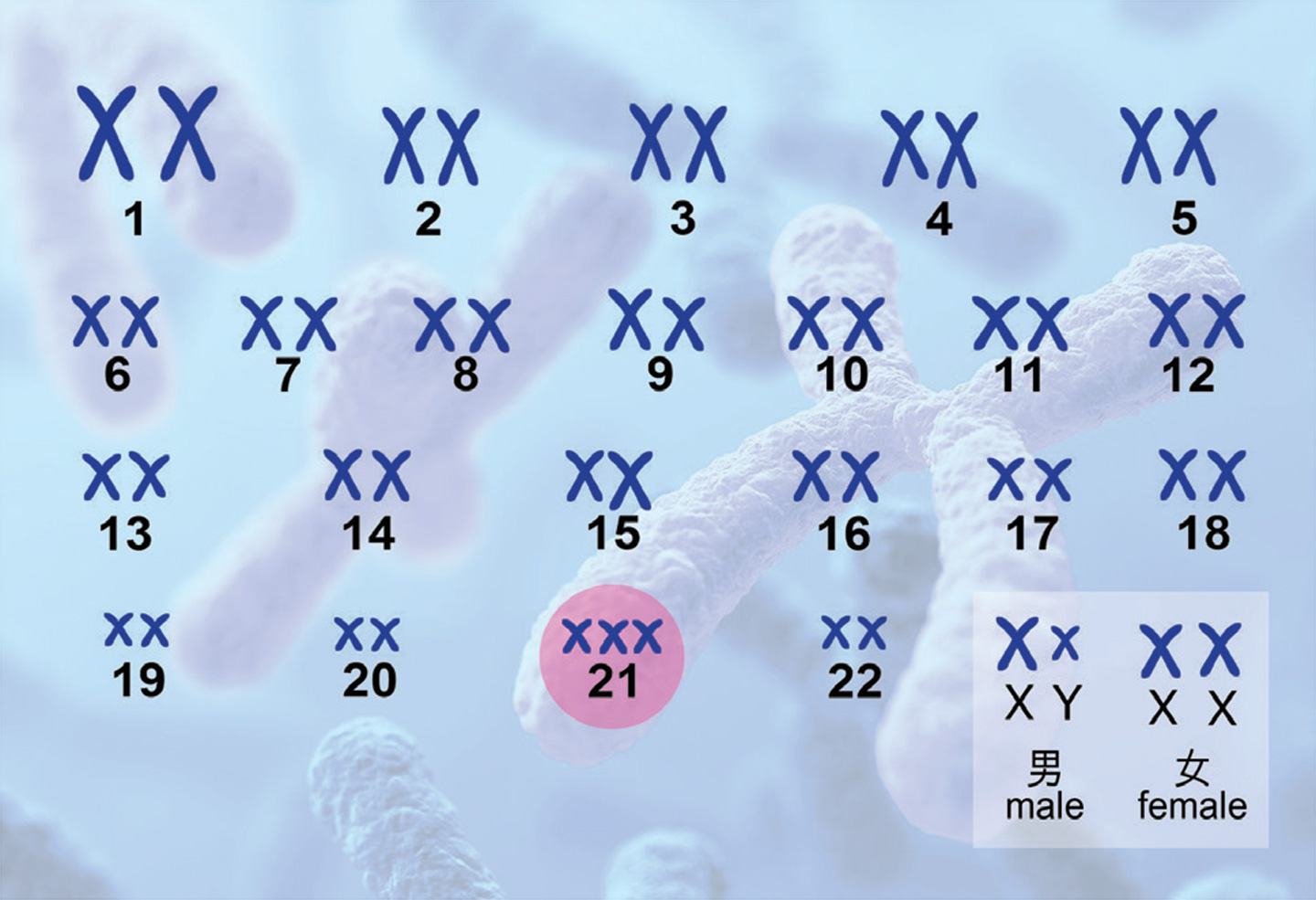Deciphering the Codes in Plasma DNA
From Non-invasive Prenatal Test to Cancer Screening

In Greek mythology, Sisyphus was sentenced for cheating Death to the eternal task of pushing a boulder up a hill. The boulder would roll down the hill again just as it reaches the top. Such futile and thankless labour is not entirely unknown to the scientists whose pursuits are mostly motivated by their love and passions for scientific inquiries. Prof. Dennis Lo, Associate Dean (Research) of CUHK Faculty of Medicine, talked about his labour of love under ‘The Joys and Challenges of Scientific Research’ in the second part of ‘The Pursuit of Wisdom’ Public Lecture Series on 15 February, drawing around 200 CUHK staff members and students, alumni, secondary school students and members of the public.
Before 2011, to detect whether their babies might have Down syndrome, pregnant women had no choice but to undergo amniocentesis, which directly draws fluids from inside the mother’s body for chromosomal study. Such invasive diagnostic method, however, is associated with a 0.5–1.0% risk of miscarriage. Since 2011, a non-invasive foetal DNA test for Down syndrome (T21) developed by Professor Lo has come into clinical use. The test simply takes blood samples from the pregnant women for analysis and thus rids them of the risk of miscarriage. Currently, T21 is applied in more than 90 countries and has benefitted millions of pregnant women.
Professor Lo had the idea of developing non-invasive prenatal test when he was a doctoral medical student at Oxford University. However, since the mother and the foetus have separate blood circulation systems, the number of foetal cells that can be found in the mother’s blood was very few. Getting hold of these cells in the mother’s blood is like looking for a needle in a haystack. Although Professor Lo believed that the answer lies in the mother’s blood, he could not quite figure it out and had to wait.

In 1997, Professor Lo returned to Hong Kong and joined CUHK. His research has since proceeded in leaps and bounds. He was inspired by some research that proved that cancer cells would release their DNAs into the patient’s plasma and he thought, ‘If a tiny tumour cell would release its DNAs into the patient’s plasma, then would it be possible that a foetus of much larger size releases its DNAs into the mother’s plasma?’ Professor Lo later proved his hypothesis and discovered cell-free foetal DNAs in maternal plasma. His discovery is the gateway to a number of breakthroughs later.
First, Professor Lo found that checking chromosome 21 of the foetus’s DNAs in the mother’s plasma with massively parallel genomic sequencing technique could reveal whether the baby has Down syndrome. The accuracy rate can be as high as 99.7%.
The plasma DNA analysis can not only be applied in prenatal tests but also cancer screening. From 2013 to 2016, Professor Lo and his team conducted a study of screening nasopharyngeal carcinoma (NPC) using plasma DNA analysis and the result is promising. By detecting the Epstein-Barr virus DNA, which is released by NPC tumour cells into the patient’s plasma, early diagnosis of NPC can be achieved. Professor Lo’s study involved 20,174 Chinese males aged between 40 and 60 without NPC symptoms. Among them, 309 participants had tested positive on the initial and follow-up blood tests and 34 were diagnosed with NPC. The predictive value is 11%, higher than the average of 3% of normal cancer screenings. The research was selected by The New England Journal of Medicine as one of the most ‘Notable Articles of 2017’.
The road of scientific research is indeed intriguing and strange. Professor Lo did not make much headway for some years but he did not view it as a period entirely of no consequence. ‘If I had achieved a breakthrough in my plasma DNA research when I was still a medical student, I would not have developed tenacity.’ The boulder finally comes to rest on the top.
M. Mak
This article was originally published in No. 533, Newsletter in Mar 2019.

